It’s every player’s worst nightmare: you boot up a game, enter your login details, and find that all of your items and collectibles are gone. Everything you worked hard to find has disappeared—or, perhaps, a nefarious hacker broke into your account and stole it all. The worst part? There’s nothing you can do to get your stuff back.
Tales of hacks, stolen accounts, and bad actors have been circulating since the early days of the internet when players would be duped into sharing their usernames and passwords with people who claimed they could help them obtain a difficult collectible or make them rich on in-game currency. These types of tales are especially common on websites aimed at kids, where less-internet-savvy players can fall victim to hacks and hoaxes aplenty.
Just before Halloween, tales of a massive hack spree aimed at the incredibly popular kids’ game Roblox filled the internet. Videos and posts claimed that players who logged in on Nov. 9 would lose their accounts–and everything in them—to 20 “evil hackers” who would jump from server to server and ban random people as they went along. These claims circulated enough that some players began to wonder whether they were actually true: Would logging in to Roblox on Nov. 9 put their account at risk?
As it turns out, the entire thing ended up being a hoax. No large-scale hacks occurred on Nov. 9, no one was banned by rogue hackers, and no one lost their items—well, unless they foolishly gave their password to someone else. It was just another day for one of the most popular games on the planet.
So, how did this happen? Where did the rumor start, how did it circulate, and when was it debunked?
Here is the story of the Roblox Nov. 9 hack hoax.
Humble beginnings
During the peak of its circulation, “news” about the hoax spread mainly through YouTube and TikTok, two of the most popular platforms for Roblox content. Because of the number of videos and posts made about the hack, it’s not entirely clear who came up with it or who made the first post about it.
The single most popular post about the hoax is a TikTok video from user lily.robloss, whose video detailing what would happen to players who played the game on Nov. 9 currently sits at 3.7 million views and 249,900 likes. Set to a background of Roblox gameplay and a sound titled “Spooky, quiet, scary atmosphere piano songs,” lily.robloss explained via a text-to-speech function that players who log in on Nov. 9 were at risk of being attacked by 20 hackers. The video was posted on Oct. 25, a few weeks before the “hack” was going to take place.
Supposedly, these hackers would move from game to game on different servers and ban or hack everyone they came across. They would also supposedly delete all of a player’s items and pets. Players who were affected by the hackers would be unable to make a new account or even play on the same device after un- and re-installing the game. “How much you try it’s not going to work,” said the video cryptically. “This is the information I got today.”

From there, other players made similar videos sharing the same information. It’s not clear whether these videos were intended to perpetuate the hoax as a joke or whether they were made by concerned players who wanted to warn others of the apparent danger.
It’s important to note here that much of Roblox’s audience is made up of kids, many of whom are as young as six or seven. While this video may seem like an obvious scare tactic to an older, more seasoned internet user, the average child is much more trusting and doesn’t have the same knowledge of common internet hoaxes. It’s not clear whether this rumor specifically targeted kids who wouldn’t have known better, but the game’s enormous young audience is almost certainly one of the reasons it became so big.
There is little other information available about lily.robloss. From some of their other videos, they seem to be a child or at least a young person. The account does not appear to be connected in any way to popular Roblox YouTuber Lily Roblox, who uses a different TikTok handle that appears to be inactive. Commenters on the original TikTok referenced a different video in which lily.robloss supposedly apologized for the hoax and admitted it was fake, but that video has since been deleted.
“Roblox is in danger!”
Within a few days, the rumor had exploded so much that YouTube personalities began to talk about it. On Oct. 31, Roblox content creator KreekCraft, who has over 5 million subscribers, posted a video titled “Roblox is in danger! (November 9).” The video appears to be one of the most serious attempts to debunk the hoax.
In the video, KreekCraft watches lily.robloss’ video and walks viewers through each of its statements. They note that while frequently rumored, true hacks are very uncommon in Roblox. The most famous hack occurred over 10 years ago and is known as the April Fools incident. That breach only took over the Roblox website, which resulted in players obtaining items they weren’t supposed to own and banning moderators. Roblox developers quickly got the site under control; no true hack has happened since then.
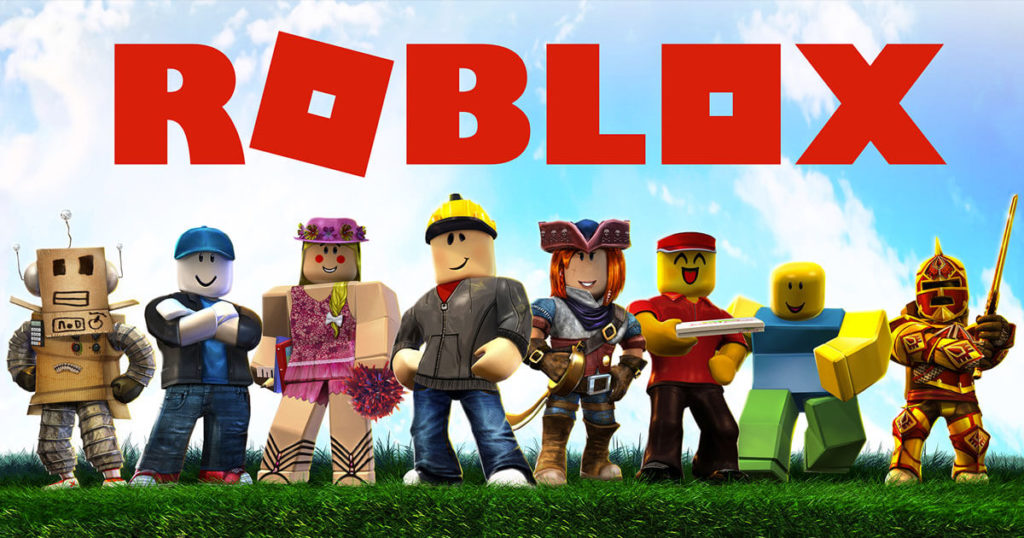
KreekCraft also explained that many of the supposed results of the hack that lily.robloss’ video warned of were close to impossible. Preventing users from making new Roblox accounts on the same device would require a hardware ban, which isn’t usually issued and would require very high-level administrator permissions that hackers likely couldn’t obtain. He also noted that while hackers could potentially kick players from their server, players would simply need to rejoin or join another server to continue playing with no permanent effects.
Players who frequently play online games that require accounts are likely familiar with all of this information already. But remember, Roblox is primarily a kids’ game. Even the most internet-savvy children may not yet understand how processes like account hosting, servers, and true “hacking” really work. It’s easy to fear what you don’t understand, which played a big part in the spread of the hoax.
Easy target
On Nov. 5, five days after KreekCraft brought attention to lily.robloss’ video to his large viewership, another video popped up purporting to “expose” the video’s creator. Posted by CaptainAlofa, another Roblox TikTok creator, this video supposedly contains footage of the apology video that lily.robloss posted and then deleted.
In the TikTok, which currently sits at 109,100 likes, CaptainAlofa claims that lily.robloss was the one who originated the hack rumor. He also claims that the subsequently deleted apology video unfairly targeted him and another Roblox creator known as galariathina. Footage from the apology video, which can’t be confirmed as it appears to have been deleted, shows lily.robloss calling out CaptainAlofa and galariathina for “hating on me” because they claimed lily.robloss’ warning was fake.
Another clip from the deleted video seems to show lily.robloss admitting via text to speech that they created the Nov. 9 video for fun and that she was receiving a lot of “hating” for it. She made a broad apology before the clip ended. CaptainAlofa claimed in his video that lily.robloss put both him and galariathina on blast to get their large fan base to attack the two creators. Galariathina made a very similar TikTok a day later that called out lily.robloss for the same thing. That TikTok has since garnered 79,500 views.
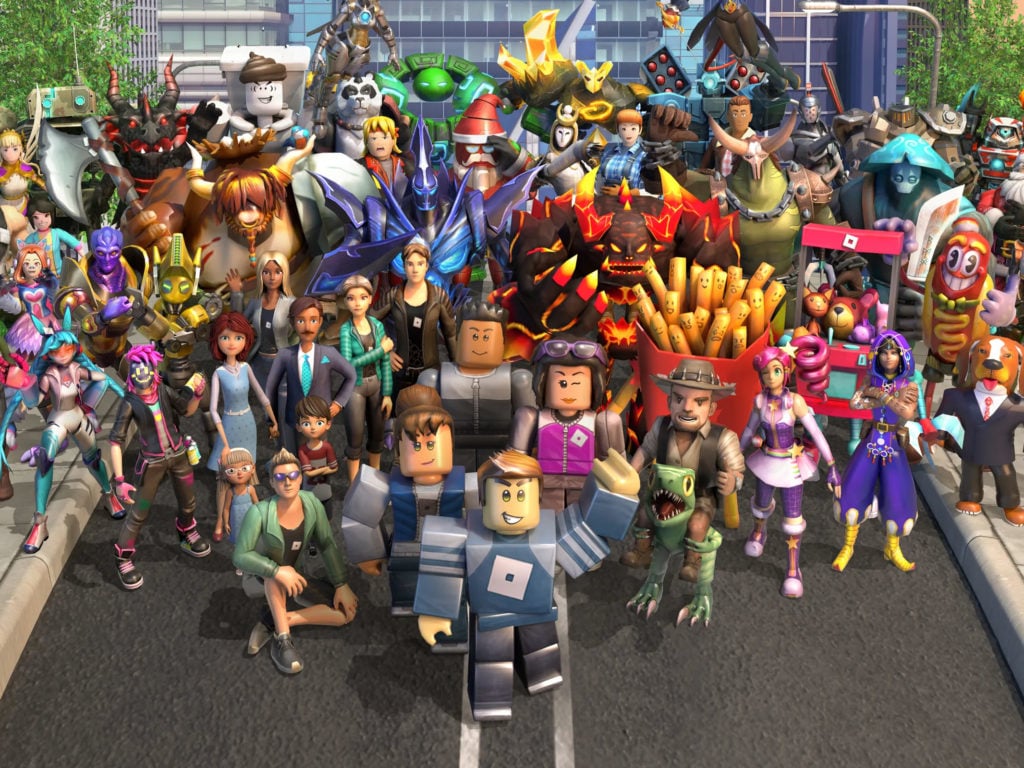
After KreekCraft and CaptainAlofa posted their videos, Roblox players flooded lily.robloss’ recent videos and posted comments like “debunked,” even on videos that had nothing to do with the supposed hack. They don’t appear to have made a response besides the apology video that CaptainAlora and galariathina claim she posted, which can no longer be found.
It’s here that the trail goes cold. All of these videos were posted leading up to Nov. 9, so many players likely already debunked the rumor by the time the date came around. On the conspicuous date, nothing happened: no accounts were breached, the servers weren’t taken down, and no “evil hackers” infiltrated other players’ games. It’s impossible to tell how many players actually avoided the game on Nov. 9, as Roblox doesn’t publish day-to-day user numbers, but the game’s audience appears to have moved on already.
Viral
It’s hard to see this story and not think of what’s going on at Twitter, which is currently experiencing a verification reckoning at the hands of Elon Musk. The constant flow of information on the internet and across borders is a powerful tool, but it brings with it the danger of both bad actors and misinformed users.
It’s impossible to say whether lily.robloss passed on false information out of genuine concern or malicious intent. As they seem to be a child or at least a young person, it’s hard to place complete blame on them since they may have simply created something that they thought would increase their like and follower counts. TikTok also has a reputation for misinformation, especially in the scientific and medical fields; in the wake of that, it’s difficult to think that spreading rumors about a kid’s game is that important.
At the same time, the hoax was likely a hard lesson for lily.robloss. Internet users love to become amateur sleuths and seek out cracks in others’ information, and they aren’t afraid to call out people they deem wrong. It’s a dark and sometimes dangerous underbelly of internet culture, especially when personal information like addresses is leaked in response or in revenge.
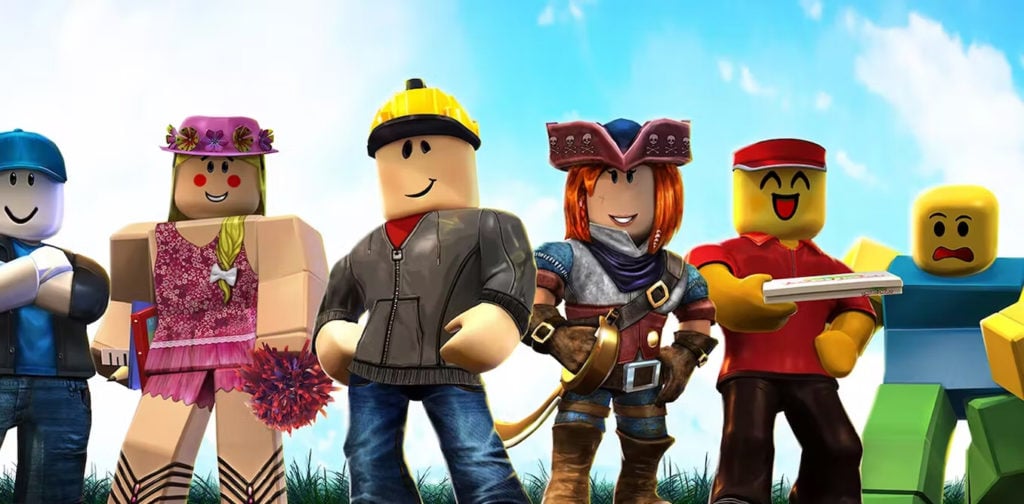
The official Roblox support page has an FAQ page on hack hoaxes, but considering some estimates put the game’s worldwide player count at over 200 million, it’s likely that many users won’t ever make it to this page, especially when it’s not as easily accessible or visually appealing as TikTok and YouTube videos.
The most important thing to take from this is to teach the kids in your life about internet literacy—the younger they are, the better. After all, it’s a lot easier to prevent your child from making a video about something they came up with and passing it off as real than dealing with the potentially damaging fallout of having them proven wrong or “debunked” on a frequently heartless social media platform.
Don’t believe everything you see on the internet, kids.


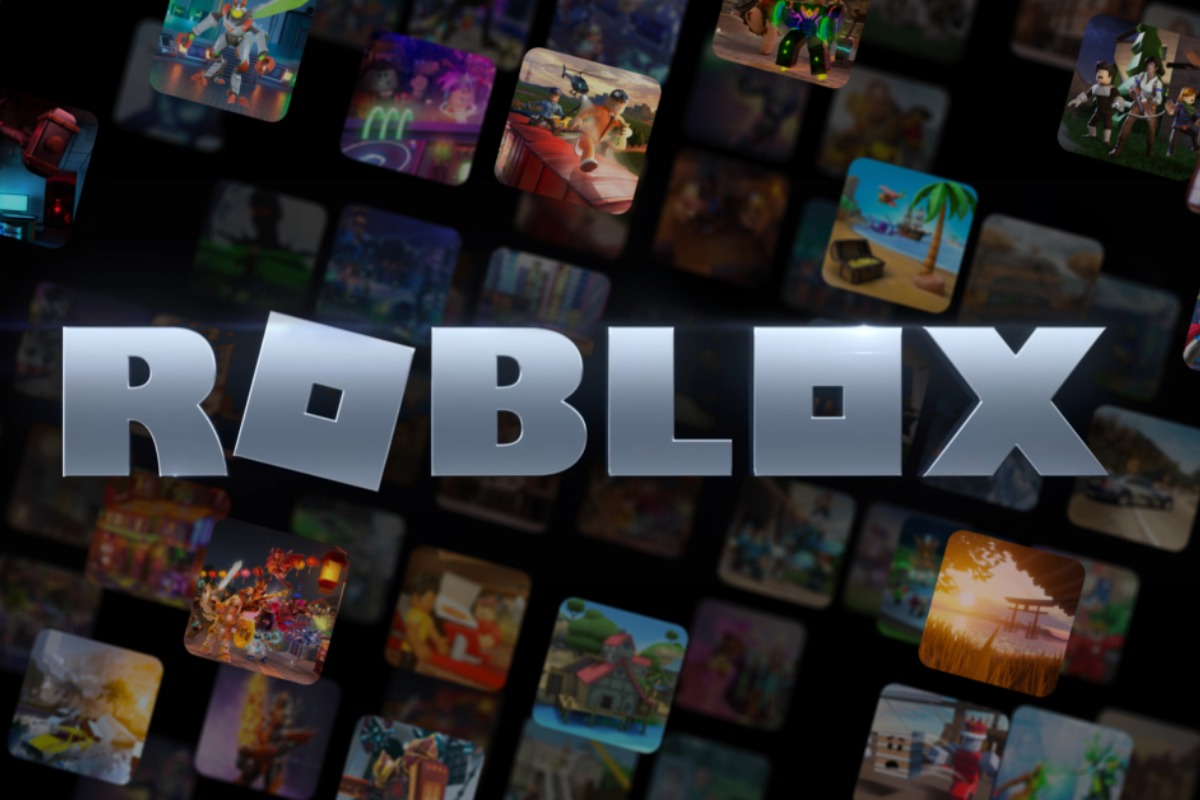
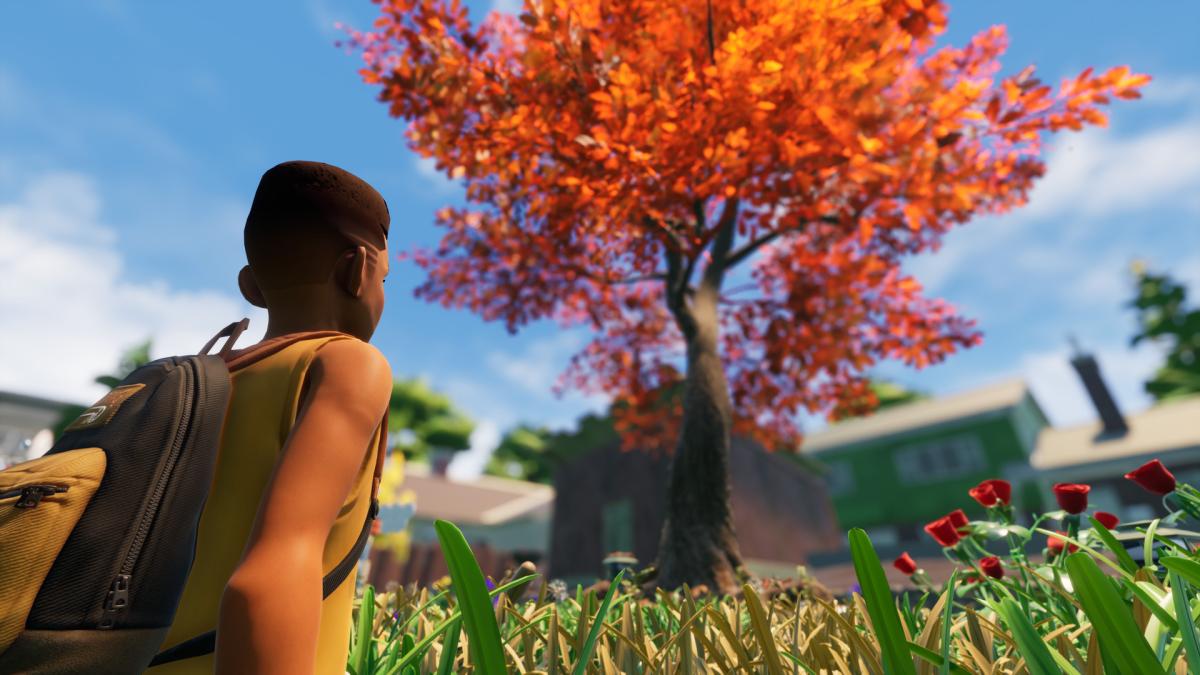
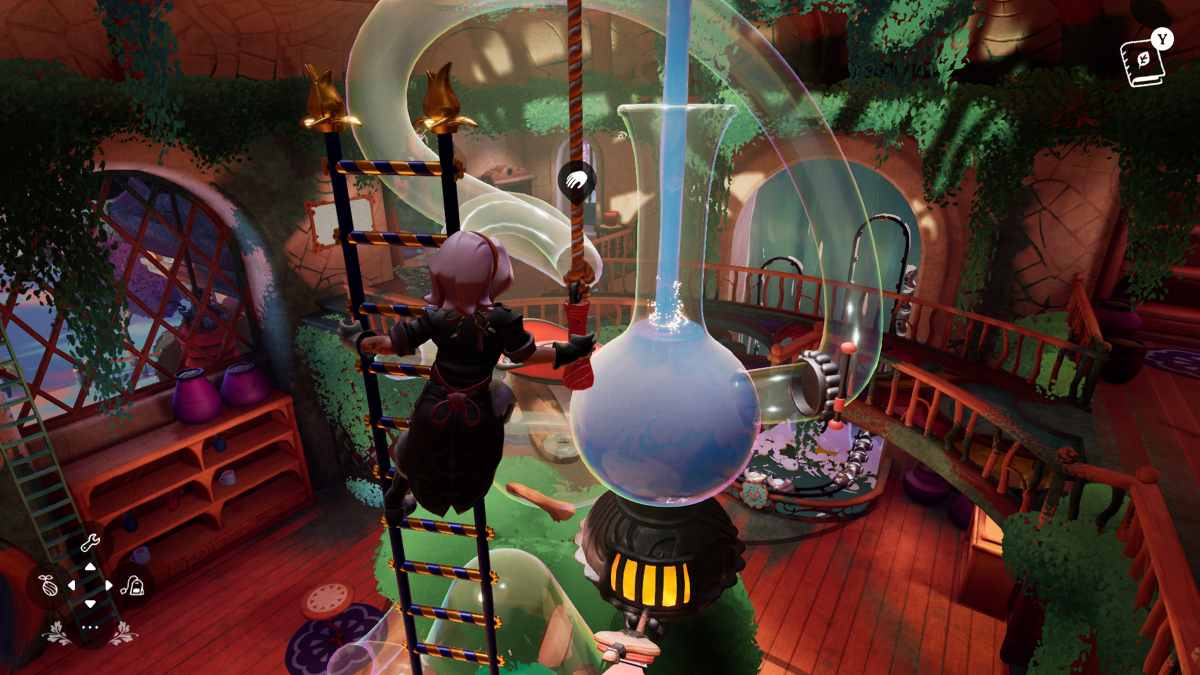

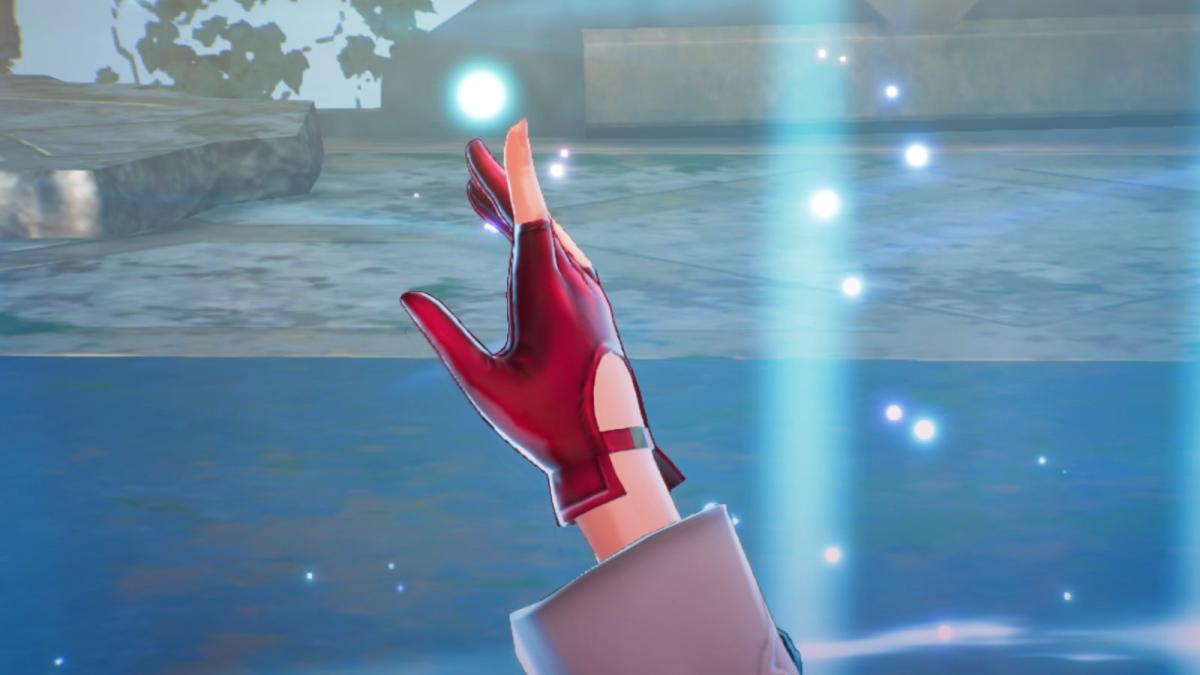




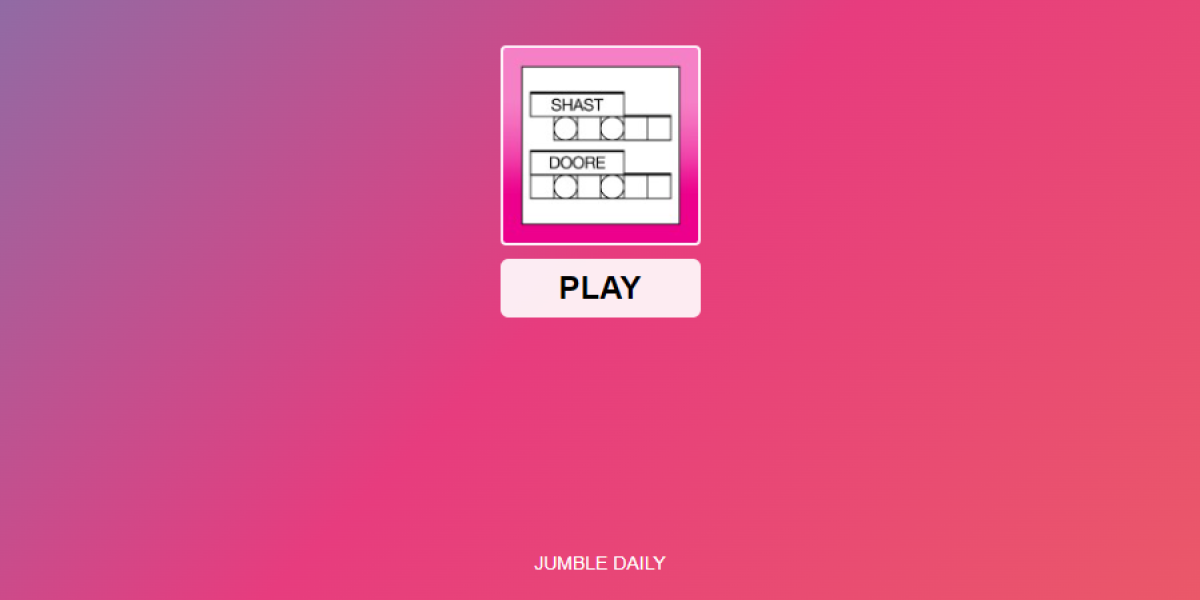
Published: Nov 10, 2022 06:03 pm